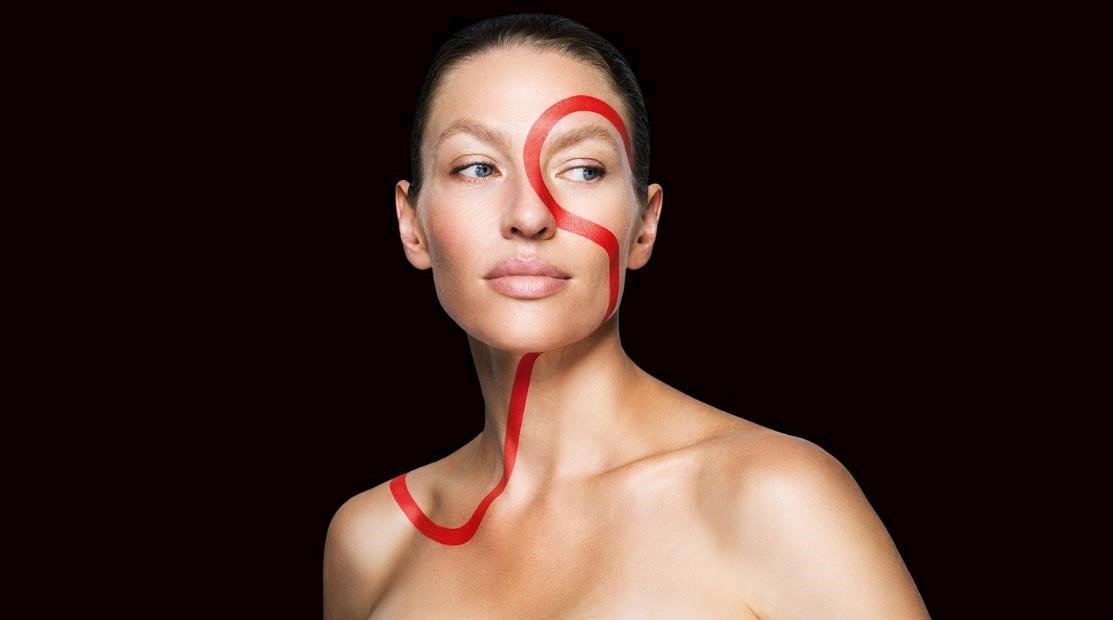Polynucleotides
Polynucleotide is an innovative new aesthetic treatment which uses DNA fragments to bio-stimulate tissue regeneration. By stimulating fibroblasts, polynucleotides boost collagen production, improve elasticity and increase hydration. They also dampen inflammation and rebalance melanocyte activity to create an even and refreshed skin tone.
Like many other regenerative medicine tools, polynucleotides have a history of being used in other branches of medicine before their introduction to aesthetics. Numerous studies report their use for knee osteoarthritis as well as in healing chronic wounds, such as venous ulcers.
The science behind it:
Cells in our body are home to deoxyribonucleic acid (DNA) and ribonucleic acid (RNA), which are responsible for the storage and reading of instructions needed for an organism to survive and reproduce. Both are linear polymers, consisting of sugars, phosphates and bases, and are made up of subunits called nucleotides. Polynucleotides are therefore linear polymers whose molecule is composed of many nucleotide units.
Fibroblasts are a type of cell in connective tissues that produce collagen and help maintain the structural framework of tissues. Fibroblast function inevitable declines with age, leading to decrease in collagen production. When injected into the skin, polynucleotides allow more fibroblasts to be regenerated and produce more collagen. Essentially, the function of the cells is being reverted to a state where regeneration and repair are optimal.
What we use and how it is extracted.
At Oxford Aesthetic Clinic, we use PhilArt by Croma-Pharma®. The polynucleotides are of natural origin and derived from European freshwater fish intended for human consumption, with full control over the production chain. The manufacturing process is based on the polynucleotide high purification technology (PN-HPT®), leading to a superior level of purification, thus ensuring product safety. They are then incorporated into a polymerised injectable gel that can be administered to the patient via needle or cannula. Polynucleotides are completely absorbed by the body with a half-life of approximately 3 hours.
We choose from 4 different versions of PhilArt, depending on indication and area of concern. PhilArt can be used on the face and body, to improve skin quality, promote hydration of the skin, and scavenge free radicals. This builds an optimal environment for the growth of fibroblasts, which then promote the production of new collagen and elastic fibres, stimulating the body’s own cell regeneration. PhilArt Eye is specifically formulated for the delicate eye area; PhilArt Hair can be used to improve hair quality and stimulate hair growth; and PhilArt Next is a new product that contains hyaluronic acid for extra hydration.
We firmly believe that improving the foundations of your skin creates better outcomes from other aesthetic treatments.
Proven safety and efficacy
Polynucleotides have a proven safety and efficacy profile with high tolerability and low risk of adverse events, supported by extensive clinical data. Their use is based on more than 70 years of research and more than 100 published studies presented at international congresses.
Side effects that can occur include redness and swelling, which settles after 1–2 days. Depending on the injection technique used, small papules can also be observed that, again, will settle after a few days. We advise that when planning your treatment, you take into consideration that downtime can vary between individuals.
Studies of interest
·Bartoletti E, Cavallini M, Maioli L, Massirone A, Palmieri IP, Papagni M et al. Introduction to Polynucleotides Highly Purified Technology. Aesthetic Medicine. 2020 Oct-Dec; Vol.7 (1): 43-47.
· Collangelo MT. Govoni P, Beletti s, Squadrito F, Guizzardi S, Galli C. Polynucleotide biogel enchances tissue repair, matrix desposition and organization. J. of Biological Regulators & Homeostatic Agents. 2021; Vol.35 (1): 355-362.
· Cavallini M, Bartoletti E, Maioli L, Massirone A, Pia Palmieri I, Papagni M et al. Consensus report on the use of PN-HPT (polynucleotides highly purified technology) in aesthetic medicine. J Cosmet Dermatol. 2021 Mar. 20 (3): 922-928. doi: 10.11.11/jocd.13679. Epub 2020 Sept. 21. PMID: 32799391; PMCID: PMC7984045.
· Cavallini M, Papagni M. Long Chain Polynucleotides Gel and Skin Biorevitalization. International Journal of Plastic Dermatology-ISPLAD. 2007; 3 (3): 27-32.
· Massirone A. Polynucleotides Highly Purified Technology and the face skin, a history of innovative skin priming. Aesthetic Medicine. 2021 Jan-Mar; Vol. 7 (1): 25-40.
· Araco A, Araco F. Preliminary Prospective and Randomized Study of Highly Purified Polynucleotide vs Placebo in Treatment of Moderate to Severe Acne Scars. Aesthet Surg J. 2021 Jun. 14; 41 (7): NP866-NP874. doi: 10.10.93/asj/sjab125. PMID: 33755110. PADB1222IMCAS | 38942 Product information for healthcare professionals
· PhilArt next IFU
· Lotti T, Gianfaldoni R, Gianfaldoni S, Nannipieri A. A polynucleotide-based product to treat female hormonal hair loss. Prime Journal 2014; 5(4):2-10.

